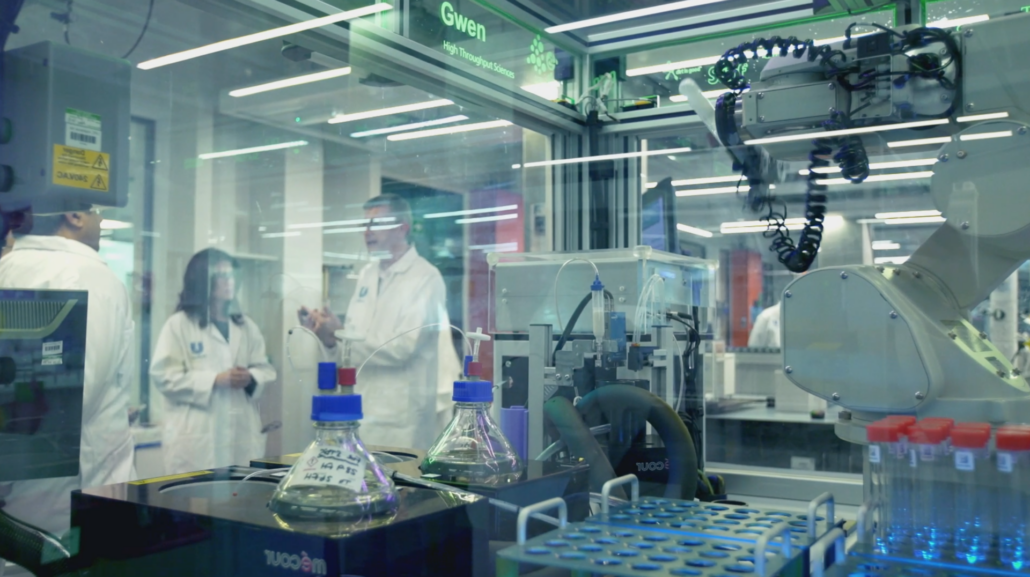
Unilever to replace fossil carbon in cleaning products
Unilever has announced to invest €1bn globally to eliminate fossil fuels as a source of carbon in its cleaning products by 2030.
The investment is part of Unilever’s new Clean Future’ initiative aims at replacing 100% of the carbon derived from fossil fuels in the company’s cleaning and laundry product formulations with renewable or recycled carbon. Clean Future embeds the circular (bio)economy principles into both packaging and product formulations at the scale of global brands to reduce their carbon footprint. This move is set to transform the sustainability of global cleaning and laundry brands including Sunlight, Cif, and Domestos.
Unilever said it is committed to turn away iis business from fossil-fuel sources of carbon to captured carbon dioxide, plants and biological sources, marine sources such as algae, and carbon recovered from waste materials.
Most cleaning and laundry products available today contain chemicals made from fossil fuel feedstocks, which maks up 46% of the carbon footprint in Unilever’s current cleaning and laundry products across their life cycle. By transitioning away from fossil fuel-derived chemicals in product formulations, Unilever expects this initiative alone to reduce the carbon footprint of the product formulations by up to 20%. As part of Clean Future’s impact in the UK, Unilever’s Persil brand has just completely reformulated its liquid detergent using plant-based stain removers and will be launched this month.
Unilever’s move to renewable or recycled sources of carbon for these chemicals is a deliberate shift away from the fossil fuel economy. The first initiative of its scale, Clean Future is a critical step towards Unilever’s pledge of net zero emissions from its products by 2039.
Clean Future is our vision to radically overhaul our business," said Peter ter Kulve, Unilever’s President of Home Care. "As an industry, we must break our dependence on fossil fuels, including as a raw material for our products. We must stop pumping carbon from under the ground when there is ample carbon on and above the ground if we can learn to utilise it at scale. We cannot let ourselves become distracted from the environmental crises that our world – our home – is facing. Pollution. Destruction of natural habitats. The climate emergency. This is the home we share, and we have a responsibility to protect it.
Unilever’s €1bn investment for Clean Future will finance biotechnology research, CO2 utilisation, low carbon chemistry, biodegradable and water-efficient product formulations, and will halve the use of virgin plastic by 2025. This investment will also support the development of brand communications that make these technologies appealing to consumers.
Peter ter Kulve concludes: A new bioeconomy is rising from the ashes of fossil fuels."




